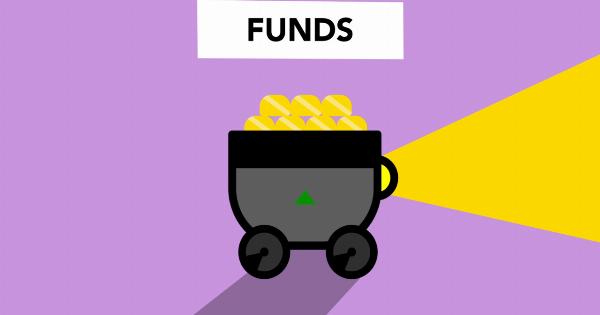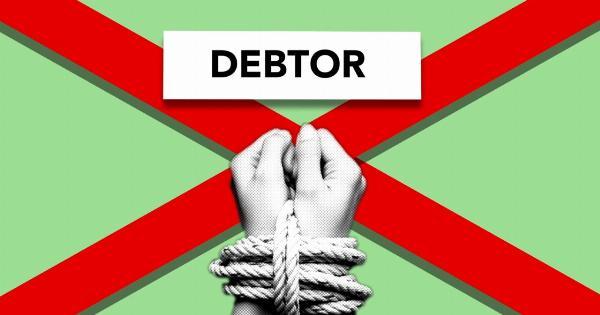Teaching kids about the financial crisis can be a challenging task, but it is an essential aspect of their education. Kids need to understand the impact of economic downturns and be given valuable knowledge on how to handle personal finances.
Here are some tips and strategies to help parents and teachers explain the financial crisis to children:.
1. Start with the Basics
Children need to understand the key concepts of finance before they can comprehend the complexities of a financial crisis. Parents and teachers should teach kids about needs versus wants, budgeting, savings, and investments.
This foundational knowledge will help children understand the fundamentals of finance in a fun and engaging way. Books and online resources like YouTube, Khan Academy, and Udemy can be great tools to help teach these basic financial concepts to kids.
2. Explain What a Financial Crisis is
Once children have a better understanding of the basics, it’s time to explain what a financial crisis is and how it can impact the economy.
It’s important to illustrate that the financial crisis doesn’t just affect bank accounts or people who work in finance; it affects everyone in society. Individuals may lose their jobs, companies may not be able to sell their products, and the prices of goods and services may increase.
Encourage your children to ask questions and provide them with simple examples that can help them understand the impact of a financial crisis on an average person’s life.
3. Teach Kids to Plan for the Future
One of the best ways to prepare for a financial crisis is to plan for the future. Parents and teachers should teach children to set long-term financial goals and to work towards achieving them.
Help them understand the importance of creating an emergency fund and how it may help when the economy experiences a downturn or personal financial problems occur. Additionally, encourage children to develop a strong work ethic and to realize that understanding personal finances is a lifelong learning process.
4. Emphasize the Importance of Budgeting and Saving
Teaching budgeting and saving skills can help kids better comprehend the economic challenges people face in times of financial crises.
Parents and teachers should provide real-life examples of people who saved during good times, to prepare for the bad times. Encourage children to budget their allowances or savings, and explain the advantages of saving money, like earning interest and being able to make positive financial decisions.
5. Explain the Role of Government in the Economy
Government plays a vital role in how the economy responds to a financial crisis.
It is important for children to understand how government policy affects the economy and how government programs, such as unemployment benefits, may assist people during difficult times. Kids need to know that taxation, federal regulations, and central bank policies can have a significant impact on the economy.
6. Be Prepared for Difficult Conversations
Discussing financial crises can be difficult for children. Parents and teachers should be prepared to answer tough questions, explain complex concepts in easy-to-understand ways, and navigate sensitive topics.
Encourage children to ask you questions and provide them with accurate and clear answers. Don’t give them more information than they need and avoid shutting down their curiosity.
7. Incorporate Play and Fun
It’s not easy to make the topic of financial crises fun, but incorporating play and creative activities can make it more engaging for children. Board games like Monopoly or Life can teach children about money, investments, and budgeting.
Organize fun conversations around how a financial crisis might impact your family’s budget plan, and how you can secure your finances to shield against the drawbacks of a crisis. This kind of creative engagement allows children to learn in a more relaxed and playful environment.
8. Encourage Good Financial Habits
Instilling good financial habits builds strong foundations that will help your children make smart choices as they grow older. Encourage your kids to save and invest, while also being mindful of living within their means.
Practice good money habits yourself by being committed to budgeting and saving, and lead by example. Kids learn best by observing, and if they see responsible financial decisions at home, it will make a positive impact on their own attitudes towards finance.
9. Help Your Kids Learn from Financial Crises
Financial crises may seem like negative events, but they can also provide valuable life lessons. Discuss with your children how to plan for the future, be prepared for uncertainties, and be proactive rather than reactive when unexpected events occur.
In challenging times, it is important to stay focused on long-term goals and to learn from difficult experiences.
10. Stay Up-to-date on Financial Literacy Resources
It’s essential to stay on top of new materials, resources, and learning opportunities to support the development of children’s financial literacy.
The internet is an excellent resource for free educational materials, tools and web resources, useful books or literature to introduce to kids in the primary and secondary school years. It is vital that parents and teachers stay up-to-date with the latest research findings on teaching financial literacy, and incorporate these best practices in their teaching.
Conclusion
Teaching children about financial crises through basic financial concepts, planning for the future, budgeting and saving, government policies, and incorporating play and creative activities will help kids better understand how the economy works.
In such a way, they will learn how to avoid a financial crisis in their personal lives and, at the same time, know how to prepare for economic downturns like the one we faced in 2008.


























